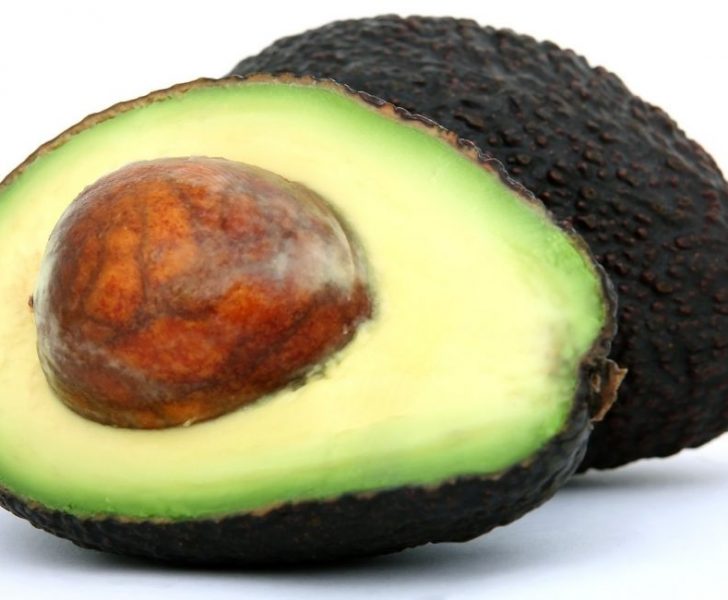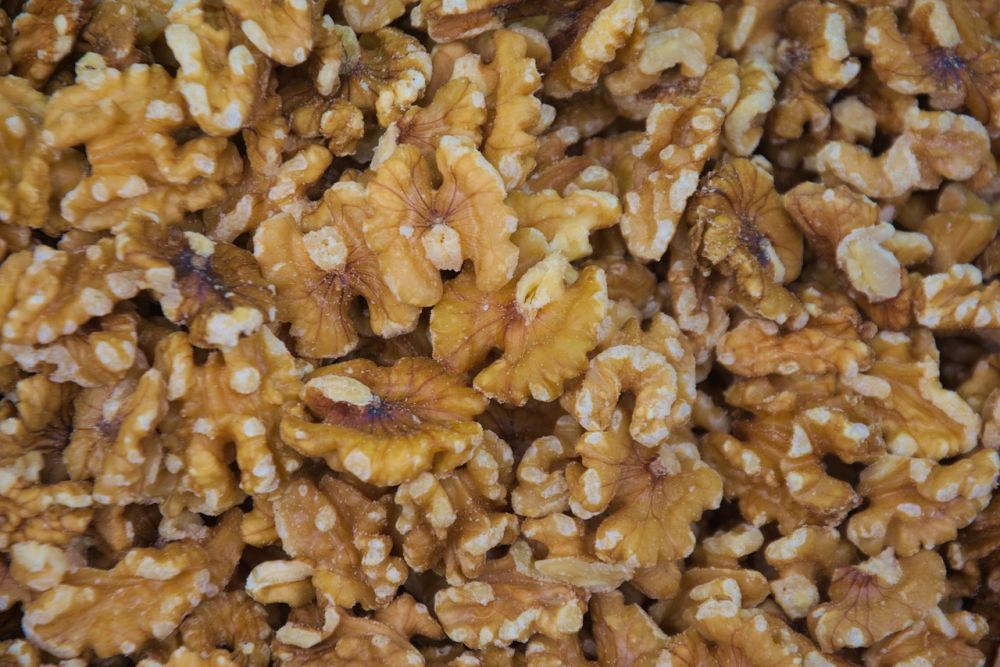Keto Vegetables: A Comprehensive Guide to Understanding and Incorporating Them into Your Diet

Introduction:
Keto vegetables play a crucial role in maintaining a healthy and balanced ketogenic diet. Whether you are new to the keto lifestyle or a long-time follower, understanding the importance of these vegetables is vital. In this article, we will delve into what keto vegetables are, their significance, and offer insights for those interested in exploring this topic further.
What Are Keto Vegetables?

Keto vegetables are low-carbohydrate vegetables that are rich in essential nutrients, fiber, and antioxidants. They are an integral part of the ketogenic diet, which focuses on maximizing fat burning and reducing carbohydrate intake. By incorporating keto vegetables into your meals, you can ensure your body receives the necessary vitamins and minerals while keeping your carbohydrate intake in check.
The Evolution of Keto Vegetables:
The concept of incorporating low-carb vegetables into a diet can be traced back to the early 19th century when the ketogenic diet was initially developed as a therapeutic approach for epilepsy. However, the emphasis on specific keto-friendly vegetables has gained prominence in recent years as the diet gained popularity for weight loss and overall health benefits.
Initially, the focus of the ketogenic diet was primarily on reducing carbohydrate intake. However, as research advanced, the importance of essential nutrients, including those found in vegetables, was recognized. This led to a shift in perspective, emphasizing the inclusion of keto vegetables to maintain a well-rounded and sustainable diet.
Key Factors to Consider:
1. Carbohydrate Content: When following a ketogenic diet, the carbohydrate content of the vegetables needs to be taken into account. Opt for low-carb options such as leafy greens (spinach, kale), cruciferous vegetables (broccoli, cauliflower), and avocados.
2. Fiber Content: Adequate fiber intake is essential for maintaining a healthy digestive system. Choose keto vegetables with high fiber content, such as Brussels sprouts and asparagus, to help meet your daily requirements.
3. Antioxidant Profile: Keto vegetables that are rich in antioxidants offer various health benefits. Include brightly colored vegetables like bell peppers and tomatoes to ensure a diverse array of antioxidants in your diet.
4. Nutritional Density: Keto vegetables should ideally provide a wide range of essential nutrients while being low in carbohydrates. Incorporate nutrient-dense options like spinach, kale, and Swiss chard.
5. Cooking Methods: The way you prepare and cook keto vegetables can impact nutrient availability. Opt for steaming or sautéing instead of boiling to retain maximum nutrient value.
Best Keto Vegetables:
Below are some keto vegetables that are not only low in carbohydrates but also pack a punch in terms of essential nutrients:
– Spinach
– Kale
– Broccoli
– Cauliflower
– Avocado
– Brussels sprouts
– Asparagus
– Bell peppers
– Tomatoes
– Swiss chard
Conclusion:
Incorporating keto vegetables into your diet is an excellent way to achieve optimal nutrition while following the ketogenic lifestyle. By carefully choosing vegetables with low carbohydrate content, high fiber and nutrient density, you can maintain a state of ketosis without compromising on essential nutrients. Stay informed, choose wisely, and enjoy the numerous health benefits that keto vegetables offer.











